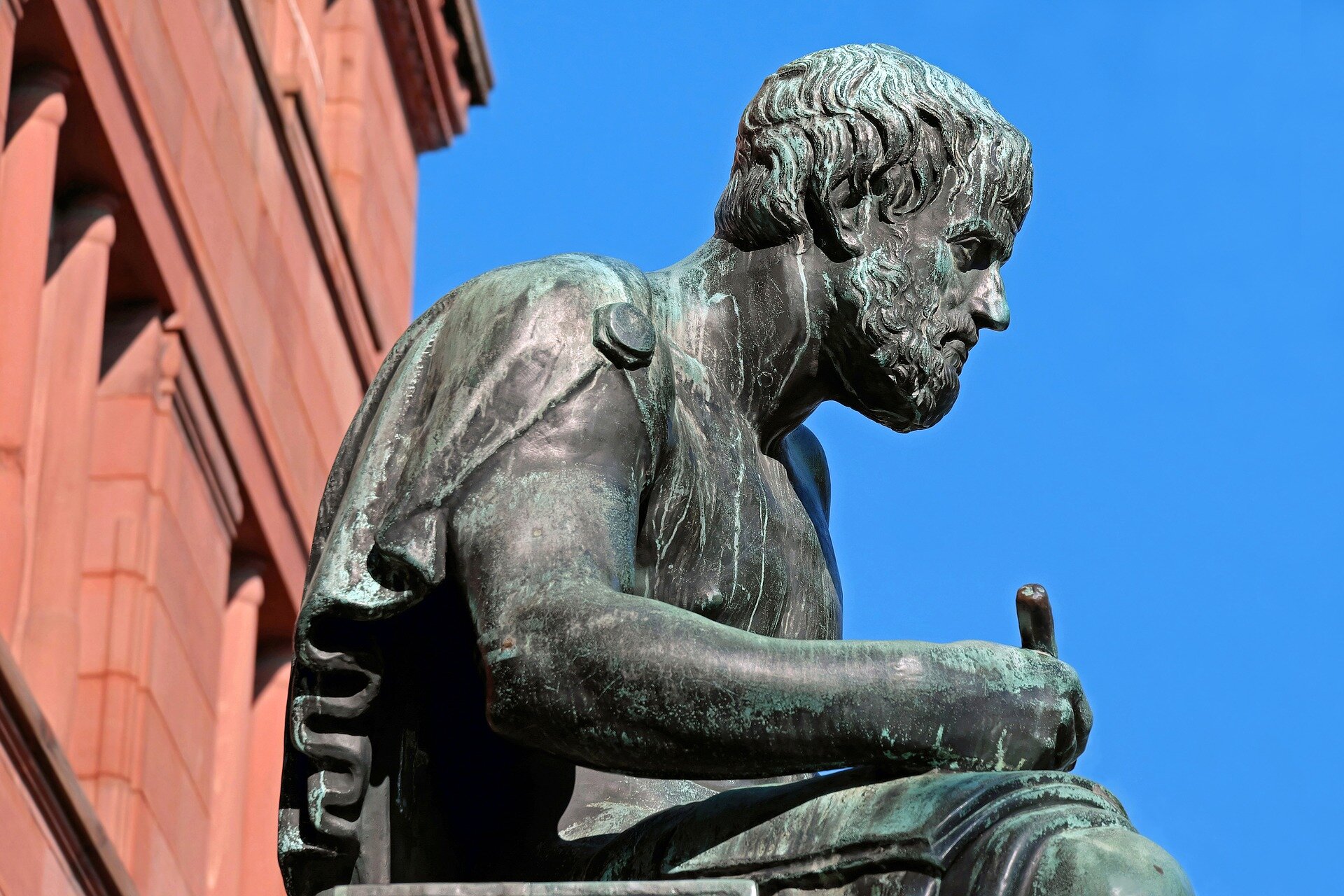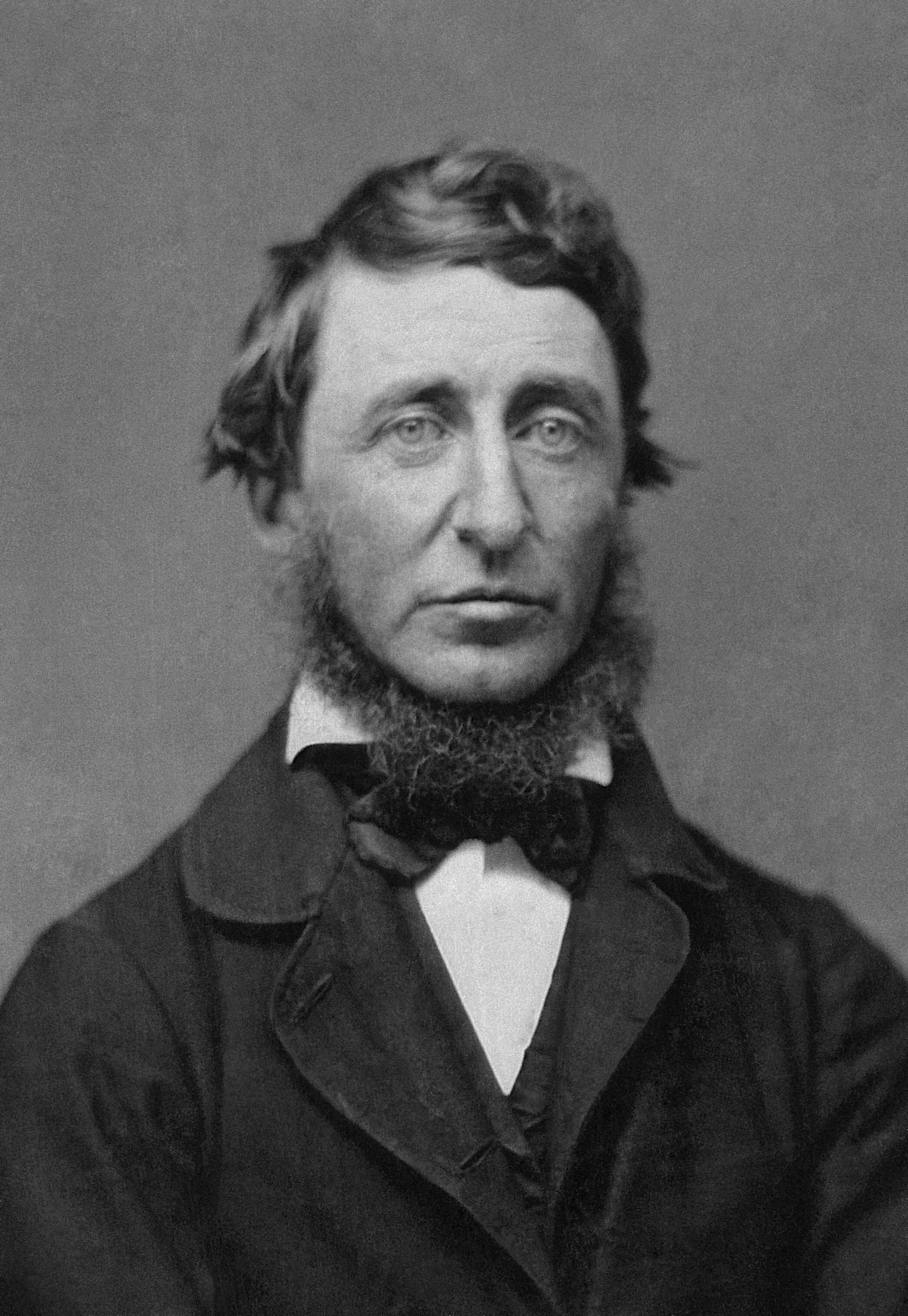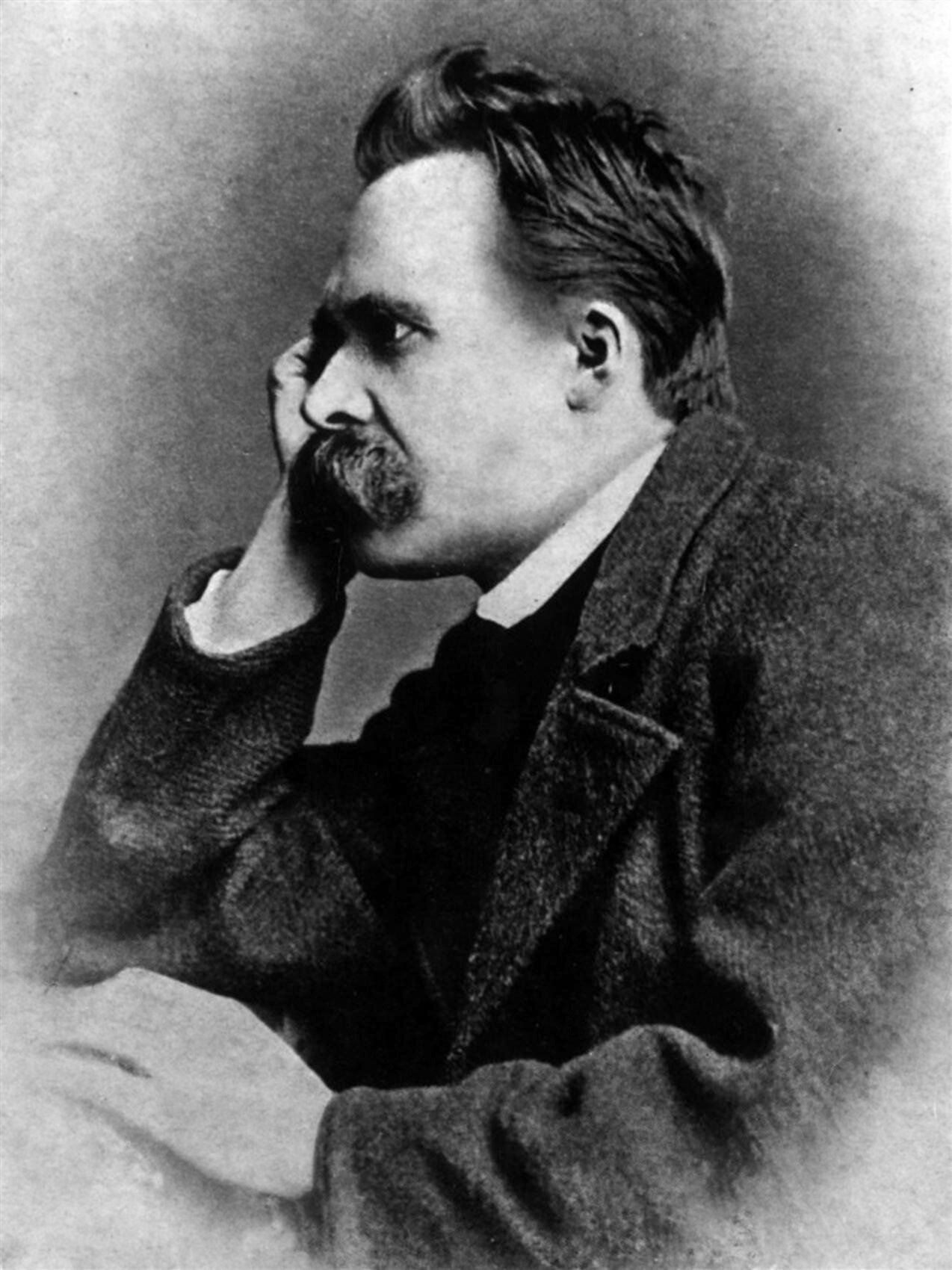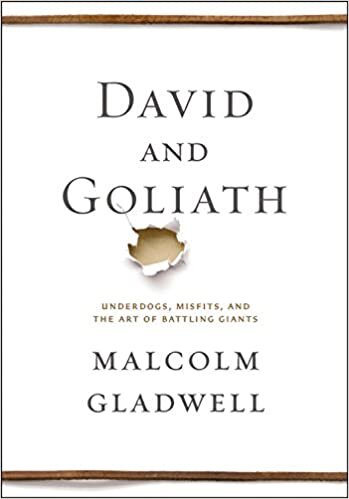Underdogs: It's Always More Fun to Be David Than Goliath
Goliath and Insurmountable Obstacles
I was thinking recently about the old Bible story of David and Goliath. In the business world and in life, we often find ourselves faced with seemingly insurmountable obstacles and challenges. We get laid off by big, evil corporations and find ourselves unemployed and looking for work. We find ourselves being the lone voice of reason when faced with corporate or academic groupthink. We find ourselves working for a startup company threatened by a corporate takeover, acquisition, or merger, by lawsuits and by myriad economic factors beyond our control, with only the tools at hand with which to stare down our enemies that dwarf us by comparison.
Having been on both sides of the battle—having sometimes been a David and staring down a metaphorical Goliath with only my own rationality and acuity with which to win the day, and having sometimes been a Goliath in the stronger position, whether professionally in the corporate world or in my personal life—I have to admit that I’ve always had more fun being in the the underdog position of David than in the stronger position of Goliath.
Nothing to Lose and Everything to Gain
When you are a David, you don’t always win the battle; sometimes Goliath wins out of sheer size and strength, or from holding the higher ground. Although Goliath has a lot to lose, both in the story and metaphorically, Goliath, and anyone in the stronger position, also has nothing to gain. After all, if you’re already at the top of the mountain, there’s nowhere to go but down. A true underdog, on the other hand, has nothing to lose (well, his life perhaps, as David might have lost his) and everything to gain.
If Goliath defeats David, again either literally in the story or metaphorically for us in the real world, Goliath will forever be known as the guy who picked on someone smaller than himself instead of on someone his own size. But if David defeats Goliath, David earns glory and notoriety and an eternal place in history as the underdog who beat the giant at his own game. David can look upward at Goliath and to the mountaintops beyond still to be reached and dream of future glory, but Goliath can look only downward to scoff at and pick on those beneath him from a false sense of security and the dimming light of past achievements and faded glories.
Looking Upward vs. Looking Downward
No matter your station in life, whether professionally or academically or personally, you should always be asking yourself if you are mainly looking upward, always searching for the next challenge to meet and the next giant to slay, or mainly looking down, relying on the strength of your present position and your past achievements while scoffing at those beneath you.
While there is danger in looking up (Thales did fall into a well once while looking upward to the heavens, after all!), there is more glory and honor to be found in looking upward toward the mountaintops of your choosing than backward at the dirt you’ve already walked upon and the ground you’ve already covered. Friedrich Nietzsche, of course, was a fan of looking upward, as long as it’s toward the mountaintops of human achievement and not toward the heavens of religious escapism. See Nietzsche’s poems Upward and Worldly Wisdom:
To put it in terms of David and Goliath, if you don’t already know which Goliaths remain to be slain in your life or career, you’re probably looking backward instead of forward, and you probably need to get reacquainted and get some practice with your slingshot and get back in touch with the drive and ambition that got you where you are in the first place, assuming you weren’t born into the Goliath position already, as some well-to-do people, the one-percenters of the world, undoubtably were.
Davids Hone Their Skills
There is no doubt in my mind that the Goliaths of the world, both literal and corporate, allow themselves to get complacent. The Davids of the world, however, are constantly honing their skills, practicing their slingshot day in and day out in anticipation of the inevitable confrontation to come. From scrawny kids in the school cafeteria to the lowly startup company getting off the ground, Davids put in the work not only to survive but to outwit the giants of the schoolyard and of Wall Street alike.
Davids sometimes get their ass handed to them, of course, but we learn from the experience and come back fighting smarter and more strategically than before, learning from each mismatched fight and becoming experts at the skills needed to topple the giants while lulling them into a false sense of security. David let Goliath think himself safe, day in and day out, and all the while David practiced his slingshot by himself in silence so as to catch Goliath by surprise, almost as if David had anticipated the message of Sun Tzu’s The Art of War on deception and lulling your enemies into false confidence to reveal their strategy.
David and Goliath in Professional Wrestling: Hulk Hogan and Andre the Giant at Wrestlemania III
(Hulk Hogan vs. Andre the Giant at Wrestlemania III with David and Goliath archetypes on full display)
When I was a kid in the 1980s, I was a huge fan of professional wrestling. One of the defining moments of 1980s professional wrestling was the long-awaited match between babyface (good guy) Hulk Hogan and recently-turned-heel (bad guy) Andre the Giant at Wrestlemania III (1987). Even though Hulk Hogan was already the WWF (World Wrestling Federation) champion at the time, Hulk Hogan was styled as the underdog of the match with Andre the Giant being the anticipated victor (billed as being undefeated at the time). With the obvious size difference between Hulk Hogan and Andre the Giant, with Hogan’s already impressive 6 feet 8 inches dwarfed by Andre the Giant’s 7 feet 5 inches, the WWF had clearly tapped into the primal archetypes of David and Goliath.
In those days of moral polarization (with the morally upright United States of America versus the Soviet Union as the “Evil Empire”) it was easy (almost too easy) to root for Hulk Hogan as the David-esque underdog compared to the Goliath of Andre the Giant. (It makes me wonder if anyone was actually rooting for Andre the Giant back then, and why.) In fact, I would go so far as to say that Hulk Hogan, even though he was physically larger even than many other wrestlers at the time, was the closest thing we 1980s wrestling fans had to a David-as-underdog figure in popular culture when feuding with Andre the Giant. Seeing Hulk Hogan bodyslam Andre the Giant at Wrestlemania III, we must have had some sense of what it was like for spectators watching David defeat Goliath with a shot between the eyes.
The Davids and Goliaths of Philosophy
I can’t help but frame my own career and identity as a philosopher in terms of David and Goliath. I sometimes think of academic philosophy as the Goliath to be slain by me, Zachary Fruhling, as David the underdog, still doing philosophy but doing it from outside the comfort zone of professional academia with its glistening ivory tower just begging to be toppled, like Goliath just asking for a shot between the eyes and to lose a few inches of height at David’s hand and sword.
But I’m in good company. Socrates was an outsider, compared to the institutionalization of philosophy by Plato with his Academy and Aristotle with his Lyceum, the predecessors of corporate, institutional philosophy today. Henry David Thoreau was equally an outsider and took as many verbal potshots at his fellow philosophers as David’s slingshot ever did at Goliath. And Friedrich Nietzsche was most definitely an outsider, critical of the herd-like behavior of his fellow intellectuals, his fellow countrymen, and of most of Western culture in general.
Because my career as a philosopher has been atypical, with twists and turns and movements in and out of academia along the way, I’m the least likely candidate to be remembered in future history of philosophy. But I‘m sure many people had written off Socrates (at least his Athenian jury and the politicians of Athens had!), Thoreau, and Nietzsche as inconsequential as well. And just look at their legacy now!
I may be a David compared to the Goliaths of professional, academic philosophy, but I’ve been sharpening my skills and my quill, and I’m ready for a fight with mainstream academia, hell-bent on writing myself into the history of philosophy come heck or high water. I may be no Socrates, but neither are most philosophers I’ve met, contrary to their own opinion of themselves (although I’ve been fortunate to have met some of the brightest gems in the philosophical firmament in my career as a philosophy student and instructor)—but neither was Thoreau or Nietzsche. Yet it seems that the underdogs of philosophy are actually the ones with the most to say.
Conclusion
If you are a Goliath looking to pick a fight with an underdog, shame on you! But lookout!—we underdogs and Davids of the world, are gunning for you, too. And we’ve been doing our target practice late at night while the Goliaths of the world are sleeping complacently in their extra-large corporate and academic beds, honing our skills, polishing our armor, sharpening our swords and our wits, strategizing for the day when Goliath comes looking for a fight.
But we Davids, contrary to popular opinion, love a good fight, too, except we don’t pick our fights willy nilly like Goliath did; we’re gunning specifically for you and aiming high, with our personal Goliaths’ heads on a platter in our hands and in our minds as we go charging up the hillsides, over the obstacles of the world, toward the mountaintops of our dreams.
Related Reading:
David and Goliath: Underdogs, Misfits, and the Art of Battling Giants by Malcolm Gladwell

















